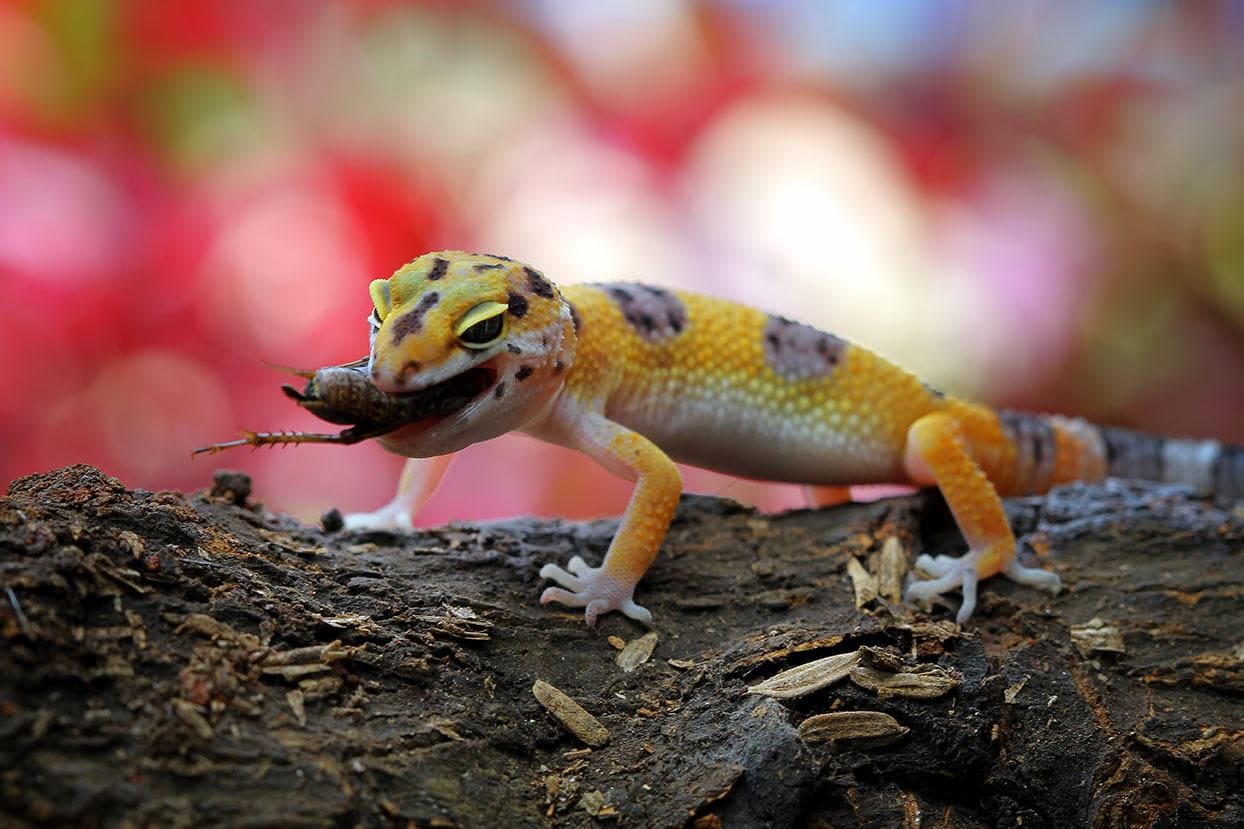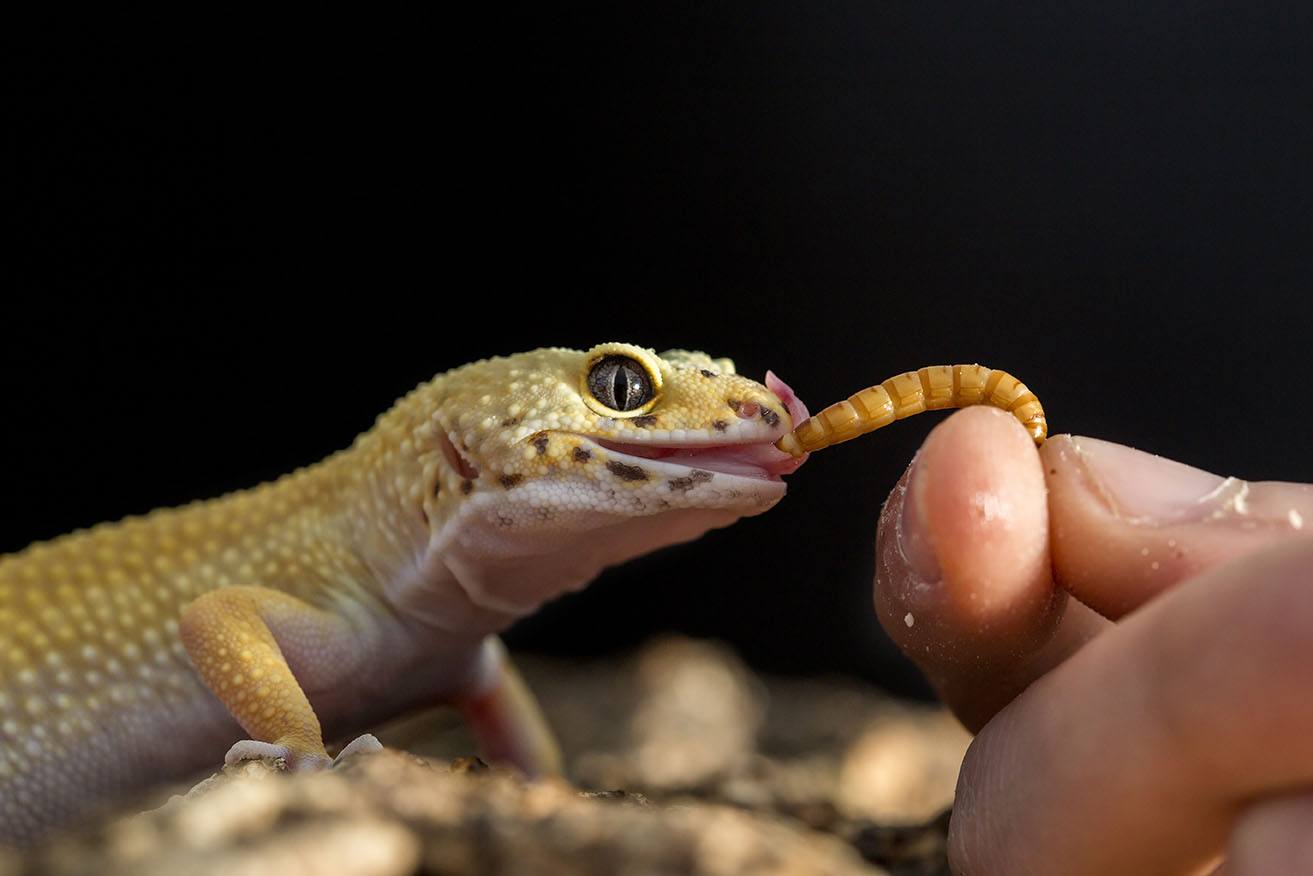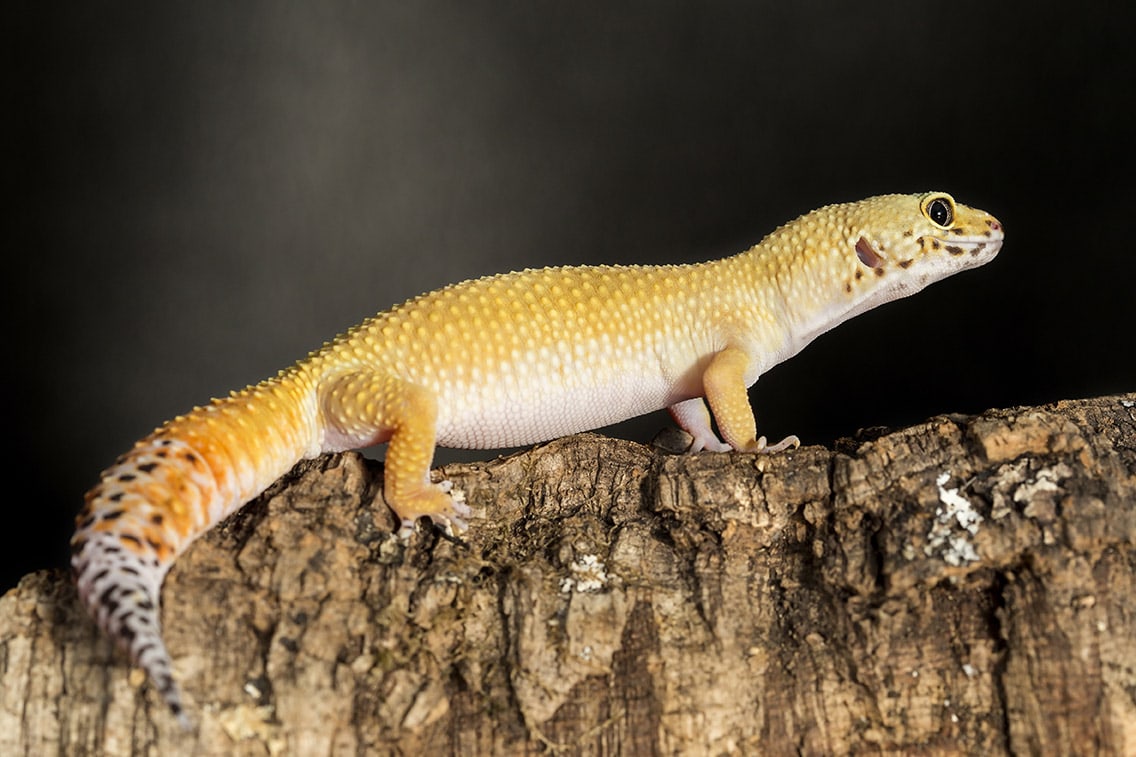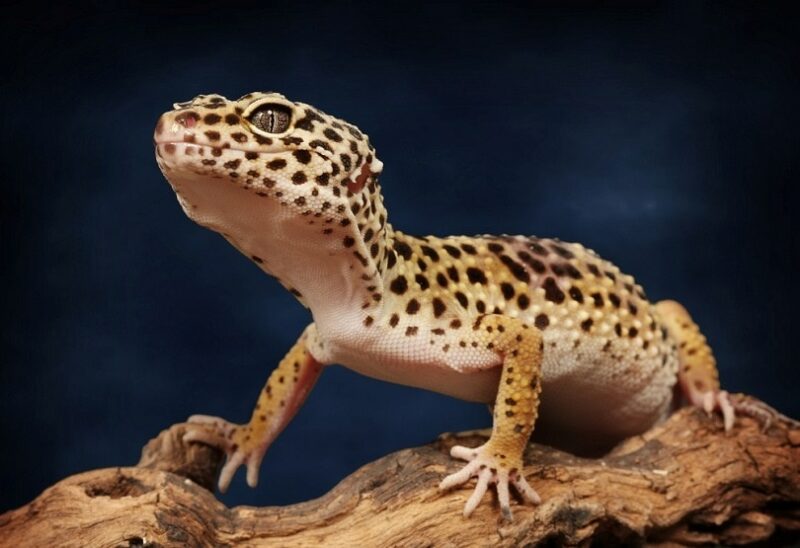Leopard geckos are extremely popular geckos commonly kept as pets. They are sometimes considered one of the more beginner-friendly reptiles to keep as a pet. However, husbandry and diet issues are the top causes of early death in these animals.
It’s essential to fully understand the nutritional needs of any pet before bringing it home, which is especially true for leopard geckos because of their very specific dietary needs. And fruit is a huge no for Geckos. Here’s what you need to know.

Can Leopard Geckos Eat Fruit?
Absolutely not. Leopard geckos are insectivores, which means they rely on insects for their nutrition. They should not under any circumstances be fed fruits or vegetables because they lack the ability to digest cellulose. This is not true of all varieties of gecko, so if you have a friend you’ve seen feeding fruit to their gecko, make sure to check on the variety of gecko they own before you say anything. It very well may be an animal that can safely eat fruit and may even require it for its daily diet.

What Can Happen to a Leopard Gecko That Eats Fruit?
Since they lack the ability to digest foods other than insects, your leopard gecko can end up quite sick from eating fruit. The symptoms may be as mild as stomach upset, but they may also experience food regurgitation and, in severe cases or in cases of an inappropriate diet for a long period of time, irreversible illness and even death can occur.
What Foods Are Appropriate for Leopard Geckos?
As true insectivores, leopard geckos shouldn’t be fed anything other than insects and supplements. The majority of these should be live insects and they should be no bigger than the gecko’s head. The general rule of thumb for feeding leopard geckos is two insects for every inch of body length, regardless of the gecko’s age. Adult leopard geckos only need to be fed every two to three days, while babies and juveniles under one year of age should be fed every one to two days.

There are a variety of insects that are appropriate for leopard geckos, including Dubia roaches, crickets, and mealworms. Calcium supplementation should be added to the insects, which can be accomplished by gut loading the insects prior to feeding and using supplement powders sprinkled on top of meals.
What Kind of Treats Can My Leopard Gecko Have?
It’s extremely important that you don’t attempt to feed anything to your leopard gecko other than insects and appropriate supplements. As much as you might think they’ll enjoy trying something, you could do irreparable harm to your leopard gecko by feeding them inappropriate foods. Treats for leopard geckos should consist of occasionally giving insects they don’t typically receive. Otherwise, treats are off the table for your leopard gecko.


In Conclusion
Leopard geckos cannot under any circumstances consume fruit, no matter how much you might think they’ll enjoy it. It’s essential for the health and wellbeing of your leopard gecko that you don’t feed them anything other than insects. They lack the ability to properly digest fruit, which can lead to serious medical concerns if consumed.
Featured Image Credit: HeVoLi, Pixabay









